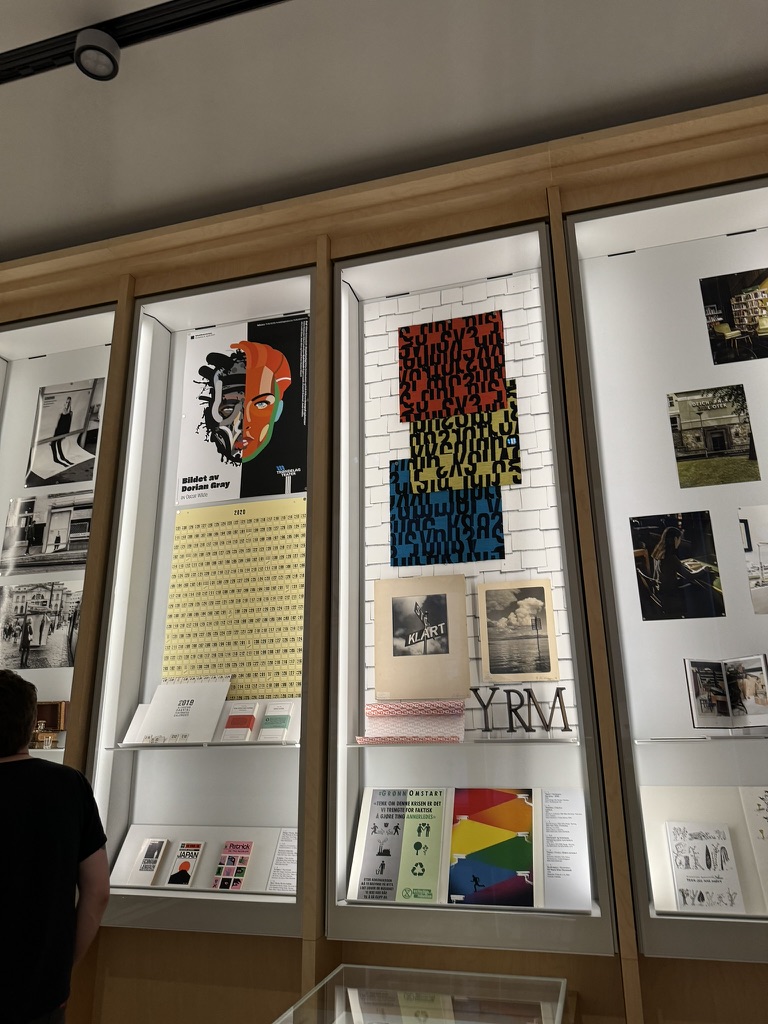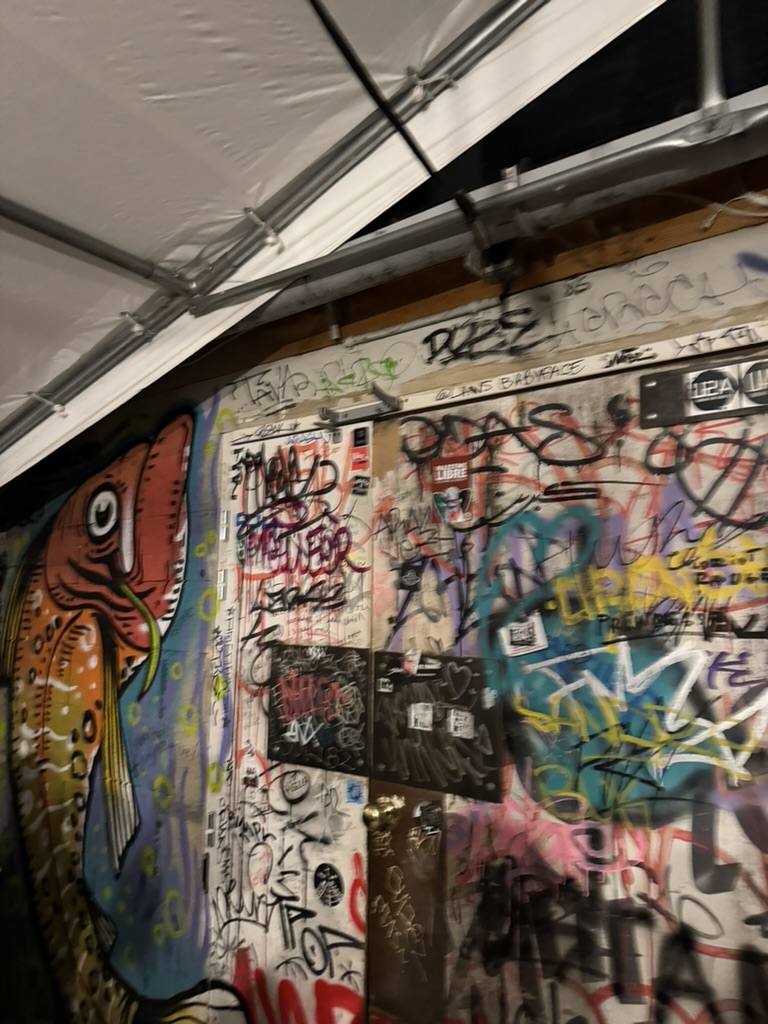Tips on the
journey abroad
We all know how strenuous CD can be, but don’t fret, you can still study abroad! As a junior who just got back from a semester studying in Paris, I’ll give you a quick run down on the process!

We all know how strenuous CD can be, but don’t fret, you can still study abroad! As a junior who just got back from a semester studying in Paris, I’ll give you a quick run down on the process!
Some first steps you should make are meeting with your academic advisor and the CD department head to make sure you are on track with obtaining your credits and are eligible. Next you need to meet with Juan Venegas, Juan works in the International Education Center on the 8th floor of tower, he handles all things study abroad. There are only a few select programs that have been approved by the department. It is important to them that you stay on track and are getting the experience and education you need while studying abroad.
It’s also very important to figure out early on what the costs of studying abroad will be. Use the Semester Abroad Budget Plan to create a semester abroad budget then discuss your plan with anyone helping you pay for school. Talk to the MassArt Office of Student Financial Assistance about what aid you have, how much of it is eligible for study abroad and additional aid that might be available for your semester abroad or research funding opportunities. If you’re a Pell Grant recipient, check if you are eligible for the Benjamin A. Gilman Scholarship.

Once you’ve made it to the application stage submit an IEC Semester Away Learning Agreement to the IEC for each away program to which you are applying. You must then complete all COF Studio Abroad Portal questionnaires and documents online for that program (you’ll receive access to the portal once you reach this step). Send a complete application to each program. Most require a portfolio, transcript, statement and application and have very strict deadlines. They are all unique so be sure to carefully read and double check each one before sending them to the host institution or provider program. This process may also include interviews, this is a great way to show your passion for studying abroad!
You’ve been accepted?! First, stop and cheer!!! This is going to be the best semester of your life, next get ready because these steps are the most important and the most difficult. There are a lot of bases to cover when preparing. The two non-negotiables are getting a passport, if you don’t already have one, and getting your student visa. These two will take the longest so you have to start this process ASAP. Personally, getting my visa for France was a super tedious process, the French government sites were difficult to navigate and certain sites wouldn’t work on my Mac! There are a couple other steps that are usually taken care of by the host institution like housing and health insurance abroad.

Alright, now that you’re officially going, here’s a list of art related recommendations for traveling. When you’re abroad and seeing new places it’s tempting to just go to the main tourist attractions, but the gold is in those random small museums and restaurants that seem unconventional or unattractive. In Amsterdam, Netherlands I found some of the funkiest and gross stuff in the Sex Museum. The National Museum in Oslo, Norway is currently known for holding The Scream by Edvard Munch but tucked away they have an incredible graphic and industrial design collection. In Paris there’s a jazz/techno club inside an old train station covered in graffiti and rugs all over the walls and ceiling. These quirky encounters can change the way your limited time abroad is spent.
Olive Grove-Griffith is a current Junior.

